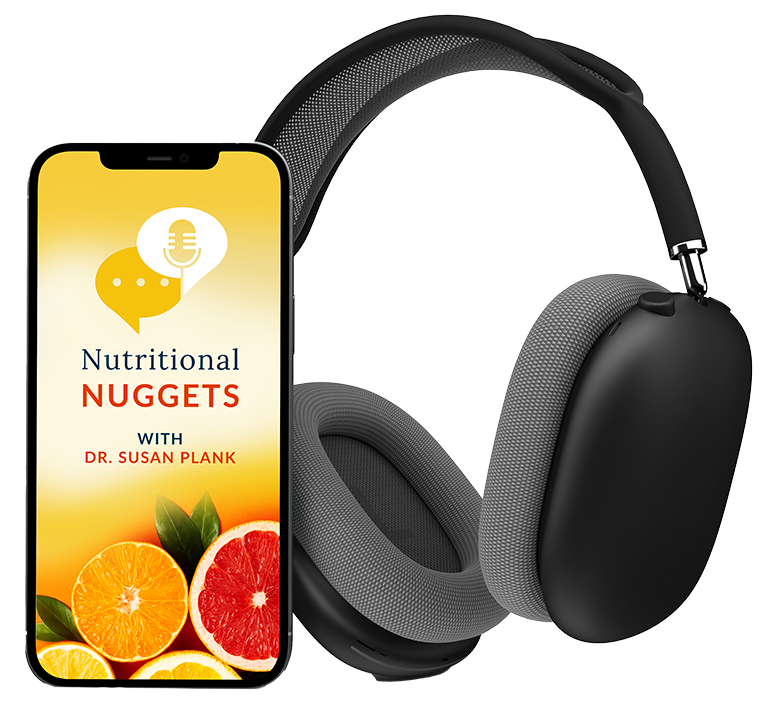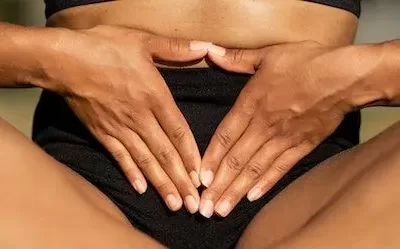What is Dryuary?
Dryuary is a month-long campaign to give up alcohol. The word ‘dry’ refers to being abstinent from alcohol, while ‘nuary’ is a nod to January, the first month of the year. The idea behind Dryuary is that by giving up alcohol for a month, you can reset your relationship with it and see if you’re happier without it.
Why should you consider giving up alcohol?
There are lots of reasons why you might want to give cutting back on your drinking a try. Here are some of the most common ones:
- Alcohol can negatively affect your sleep cycle and quality of sleep. You’ll feel more tired and groggy if you drink too much before bedtime or in large amounts throughout the evening.
- Alcohol can cause dehydration, which means that your body isn’t getting enough water — one of its most important nutrients! Dehydration causes bloating, fatigue, and headaches as well as affecting how well your body absorbs nutrients from food.
- Alcohol consumption has been linked to an increased risk of mouth cancer (as well as other cancers). It also increases your risk of liver disease (cirrhosis) and high blood pressure (hypertension).
But there are other reasons too that you might consider cutting back or giving up alcohol, is it financially, health, or emotionally better for me to abstain?
I talk with many people that wonder; do I have a problem with alcohol; am I drinking too much?
How much do you drink?
If you are a regular drinker, cutting back on alcohol may not be easy. The amount of alcohol we consume has become a way of life for many of us. It’s often a central part of social occasions and can play an important role in our relationships with friends and family.
It might be difficult to give up alcohol completely – but there are many reasons why it can be beneficial.

Alcohol is bad for your health
Alcohol can cause liver disease and liver failure. Alcohol can also cause cancer of the mouth, throat, esophagus, and bowel. Alcohol also causes heart problems such as irregular heartbeat (arrhythmia), high blood pressure, stroke, and dementia. Drinking too much alcohol can also affect your fertility and make it harder to get pregnant.
Alcohol makes people feel good
It’s true that alcohol releases endorphins in the brain which give you a sense of well-being but that’s only temporary. Once the alcohol wears off you will feel worse than before – this is known as a “hangover”.
I believe people are suffering from emotional “hangovers,” by questioning themselves, why do I do that to myself? I don’t want to feel this way. I don’t want to go back there again.
Others experience more of the physical symptoms of a hangover, related to dehydration, headache, and nausea. Hangovers can last several days after drinking large amounts of alcohol on an empty stomach.
Alcohol makes people aggressive
Drinking too much alcohol can make people aggressive by lowering their inhibitions and making them more likely to start fights or arguments when they would normally keep calm and keep out of trouble.
Health benefits of giving up alcohol

Dry January is a popular health trend. The idea is simple — give up alcohol for a month and reap the benefits.
The goal of Dry January is to get people to see how much they drink and how it affects their lives. Many people find that by giving up alcohol for a month, they feel healthier, more energetic, and more productive at work.
It’s not just about giving up alcohol for a month — it’s about making healthy lifestyle changes that will last long after January ends.
Here are some of the health benefits you can expect from giving up alcohol:
- Better sleep: Alcohol disrupts sleep patterns because it stimulates the production of adrenaline and cortisol, two hormones that affect the brain chemical serotonin. Serotonin helps regulate sleep cycles, so when it’s disrupted by drinking too much alcohol, it can make falling asleep more difficult.
- Less anxiety: Research shows that drinking too much alcohol can interfere with serotonin levels in your brain, which may be why people report feeling less anxious after giving up booze.
- Weight loss: Alcohol contains around 7 calories per gram and is high in sugar. Consuming too much alcohol can lead to weight gain and low-quality sleep, both of which are associated with poor health outcomes.
- Lower risk of diabetes: Research has shown that people who drink more than 14 drinks per week have a 48% increased chance of developing diabetes compared with those who drink less than 7 drinks per week.
- Lower blood pressure – Research has shown that people who drink more than 14 drinks per week have an 8% higher risk of developing hypertension (high blood pressure) compared with those who drink less than a drink a day or 7 drinks per week.
- Alcohol and heart health can be a tricky subject. While many people enjoy the occasional drink, alcohol has been linked to a host of serious health conditions, including cancer and heart disease.
The most recent research suggests that drinking alcohol may also increase your risk of stroke. According to an article published in Stroke by researchers at the University of Texas Health Science Center, “Patients with chronic high blood pressure who drank alcohol had more than twice the risk for stroke compared to those who did not drink.”
To give your body a rest from alcohol while building healthy habits.
According to a recent survey, one in five people is considering giving Drynuary a try.
Since the pandemic began, alcohol consumption has risen dramatically, and many people are wondering if it’s time to give their bodies a rest from alcohol and start building healthier habits.
According to the CDC, about half of all adults drink alcohol at least once per week. The average person consumes about 1.5 alcoholic beverages per day (1 drink = 12 ounces of beer or 4 ounces of wine).
If you are thinking about a dry January, please keep this in mind. Alcohol is addictive and can lead to physical dependence. You may have no clue that your nightly nightcap has created a dependence.
If you stop drinking suddenly, you may experience withdrawal symptoms such as a headache, similar to a hangover, anxiety, agitation, depression and insomnia. Maybe this has already happened to you this month and you didn’t connect the dots between your stopping drinking and the start of your insomnia.
The best way to avoid these symptoms and get off alcohol is to gradually decrease your intake before stopping completely. The CDC recommends taking at least three months to reduce your drinking, but more time may be needed depending on how much you consume.
Alcohol is a depressant, and alcohol withdrawal can be uncomfortable. The thing that makes it so difficult is that alcohol affects neurotransmitters in your brain. Alcohol also affects the GABA receptors in your brain, which are responsible for controlling anxiety and stress levels. When you drink, these GABA receptors become less sensitive and less effective at reducing stress levels.
As a result, when you suddenly stop drinking, your body doesn’t have the same level of protection against anxiety attacks and other symptoms of withdrawal. You may experience sweating, nausea, vomiting, or even seizures during this time period.
January is a good time to test whether your drinking has spiraled out of control.
Dryuary is a challenge.
But it’s not just about giving up alcohol. I recommend you take inventory of your behaviors and consider giving up any other addictive substances you might be addicted to, including coffee, sugar, and cigarettes.
It’s not just about drinking either — it’s also about quitting smoking, cutting down on caffeine and sugar, and taking care of your body by getting more exercise and eating healthier food. If you are trying to cut back on drinking or quit altogether, then Dryuary is a good time to test whether drinking has spiraled out of control.
You can use this time to see how much better you feel without alcohol in your system or with fewer drinks each week. You may find that you don’t need as much alcohol as you thought — or at least that you can enjoy yourself without it!
Detoxing your liver is good for you.
The idea behind the challenge is simple: you pledge to not drink any alcohol for a month, and you get rewarded with a sense of accomplishment and better health.
Dry January is meant to be an antidote to the holiday season when many people go overboard on eating and drinking. The idea is that if you can quit drinking for one month, then it’ll be easier to quit permanently later down the road.
But how much can giving up booze really benefit your health? You might be surprised by how much good it can do.
Detoxing is really good for your liver.
Your liver filters your blood and breaks down waste products that enter your body through food or drink. When alcohol enters your bloodstream, it goes straight to your liver and is converted to acetaldehyde, which is toxic. Daily drinking or binge drinking can build up too much acetaldehyde in your system at once — like after bingeing on beer — your body has trouble getting rid of it all at once.
You’ll sleep more soundly.
Alcohol can have a powerful effect on your brain. When you drink, your brain releases dopamine, which makes you feel good and relaxed. But the more alcohol you consume, the less sensitive your brain becomes to dopamine’s effects. This means that it takes more alcohol to produce the same level of pleasure or relaxation — which can lead to heavier drinking.
Alcohol also has an effect on sleep patterns:
- It reduces the amount of time you spend in deep sleep and REM sleep, which are essential for memory consolidation and learning new information.
- Alcohol use disorders (AUDs) are associated with poor sleep quality, and people with AUDs typically wake up earlier than non-drinkers and sleep less overall.
- Long-term heavy drinking may even cause insomnia — frequent waking during the night — as well as other sleep disorders such as restless legs syndrome.
Takeaway: How to prepare for Dryuary and how to behave during it.
Although it may be hard at first, Dryuary, and cutting back on alcohol has many benefits. Here are some tips on how to prepare for Dryuary and how to behave during it:
- Know your limits before you begin
- Get social support from friends and family
- Set goals that are realistic for you
- The symptoms of alcohol withdrawal can be serious, and you might not expect them. It’s good to test your dependence on alcohol, it’s even better to be educated and safe while doing it.







